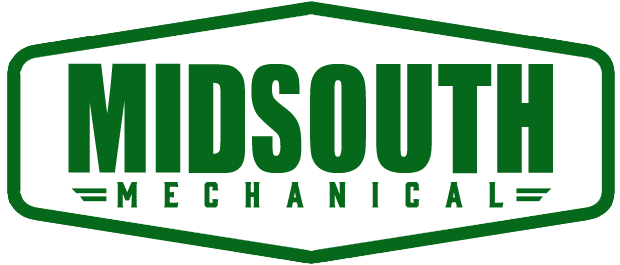Metal fabrication is a broad term referring to any process that cuts, shapes or molds metal material into a final product. Stock metal components, such as sheet metal, metal rods and metal bars, are widely available in a variety of material and dimensional specifications. In addition, most fabrication shops can produce metal products in a wide range of shapes and sizes. However, when manufacturers require a non-standard component or unique metal product, custom fabrication services can provide both design and production assistance for these built-to-order parts.
Types of Custom Metal Fabrication Services
Custom fabrication services can be helpful in all stages of the product development process. Whether you require a complete production run of items or support on a component assembly project, you may find the following types of custom services beneficial:
- Design: The conceptualization, creation, or analysis of exact part or product characteristics.
- Build: The actual construction of the metal product.
- Finishing and assembly: The improvement of product quality through post-fabrication treatments.
Custom Design Services
Manufacturing a unique product often requires considerable design and planning. Insufficient preparation can result in a custom metal part with structural weaknesses, improper dimensions, or other unwanted attributes that may compromise its quality. To ensure optimal results, consider some of the following custom design services:
Conceptualizing: If provided with a general idea of how a product should look and which features (strength, versatility, appearance, etc) are important, conceptualization assistance can help determine the exact parts or material characteristics necessary to accomplish the project.
Computer-aided design (CAD): CAD programs provide manufacturers with a computer-generated three-dimensional representation of their product. Inputting designs into a CAD program will help to identify potential structural weaknesses prior to actual production.
Tooling design: Custom fabricators can also assist with designing specialized production tools.
Custom Build Services
Once a product has been designed, the manufacturing process can begin. Choosing a fabrication method suited to a given project depends on part geometry, the product’s intended purpose, and the materials used in crafting it. Some Common custom metal fabrication processes include:
include:
- Casting: Hot liquid metal is forced into a mold and allowed to cool and harden.
- Drawing: Tensile force is used to draw molten metal into a tapered die.
- Forging: Compressive force is applied to deform and shape the metal.
- Extrusion: A ram feeds billets through a die, producing cylindrical items, such as wiring and pipes.
- Punching: Uniquely shaped turrets punch the metal to create decorative indentions or other features.
- Welding: Two or more pieces of metal are joined together, through a combination of heat and pressure.
- Drilling: Circular holes are bored into the metal with a drill bit.
- Milling: Non-circular holes are cut into the metal through the use of a milling machine.
- Turning: The metal workpiece is rotated on its axis while a cutting tool shapes the material.
Custom Finishing and Assembly Services
Some custom metal products require secondary finishing treatments to achieve their intended specifications. Assembly services may also be necessary for combining two or more components into a single functional unit. Common secondary custom metal fabrication services include adhesive bonding, bolting deburring, grinding, riveting, screwing, sawing, and painting.
Custom Metal Fabrication Materials
Most custom metal fabricated products are crafted from a range of commonly used metals and their alloys. Some of the most popular metal types available for custom fabrication include aluminum, brass, copper, gold, iron, nickel, silver, magnesium, tin titanium, and various grades of steel.
Choosing a Custom Metal Fabrication Shop
Choosing a custom fab shop appropriate to your needs is an important decision that can affect the manufacturing rate, production quality, and cost-effectiveness of a given project. To help in the selection process, consider some of the following factors:
- Experience: Custom fabricators that have been operating for a long time or have a well-established record of providing good service may present obvious reasons for choosing a shop.
- Industries served: It can be helpful to note which industries a shop normally services, as well as the sorts of products or processes it specifically focuses on, to see if they match your needs.
- Resources: The types of machinery and tooling capacity of a custom fabrication shop can be important influences on its capabilities and the quality of its metal products.
- Production type: The size of a production run, whether short- or long-term and low- or high-volume, should be one of the central considerations in choosing an adequate custom fabrication service.
- Stock materials: Finally, it is important to ensure that a fabricator has and is able to form the specific metal that will be used for a product.
For custom Fabrication needs in the greater Atlanta area, please visit www.midsouthmechanical.com for a quote.
